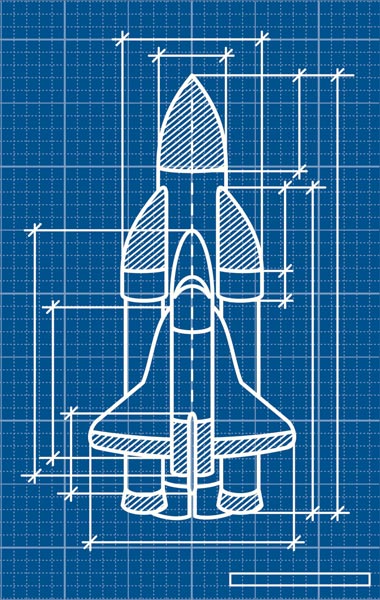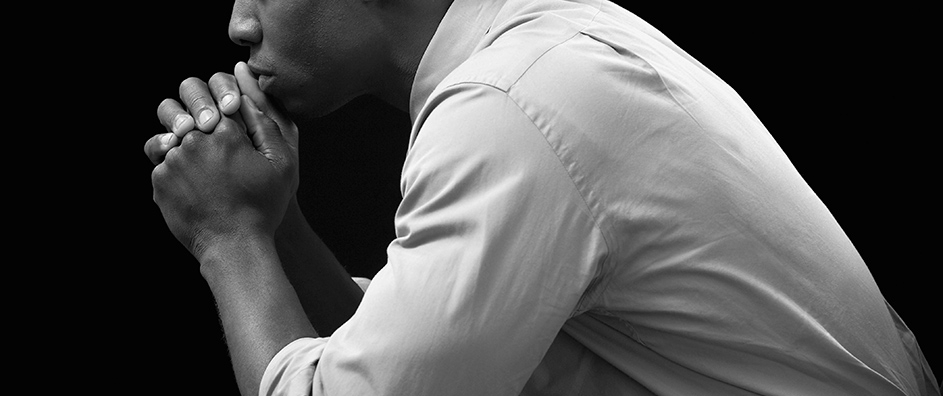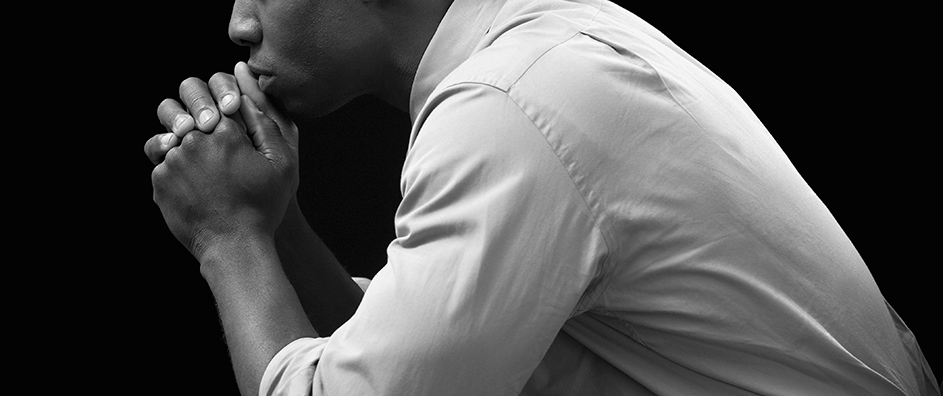The views expressed in our content reflect individual perspectives and do not represent the authoritative views of the Baha'i Faith.
The diversity in the human family should be the cause of love and harmony, as it is in music where many different notes blend together in the making of a perfect chord. If you meet those of different race and color from yourself, do not mistrust them and withdraw yourself into your shell of conventionality, but rather be glad and show them kindness. – Abdu’l-Baha, Paris Talks, p. 53.
Mysteries have always appealed to me. As a boy I spent an enormous amount of time tromping around Central Washington State investigating the mysteries of the natural world. I studied animals, caught and tamed birds, hunted and fished for food, turned over rocks to see what lived underneath, took apart mechanical things to see how they worked and asked unending and really annoying questions to any adult who would listen.
“Curiosity killed the cat,” my dad would tell me. He was a taskmaster, with no patience for nonsense, and we had work to do, so my explorations bothered him. But my mother secretly indulged me. “Go out and play,” she’d whisper when I’d finished my chores. “Explore. Come back for dinner and tell me what you found.”
So I did. Any kid today would envy the freedom I had. I found my way into old barns filled with antique farm equipment. I rode my bike through the valleys of discovery, classifying rocks and geological formations and once, the half-buried skeleton of some ancient fossil. I looked at the world with a fresh eye, and found it fascinating. I hooked up a big rooftop antenna to an old console radio and, late at night, first heard the sweet sound of soul music. I found bugs I couldn’t identify, put them in a jar and took them into town to the librarian, so we could look them up. Our local newspaper got wind of that episode, and wrote a story about the budding 8-year-old scientist in town – me. I had no idea, until the moment I read the newspaper story, that my intense curiosity was unusual.
One day I abruptly asked a neighbor about rockets. I had heard my parents say that Mr. Harrison worked at the Air Force base nearby, and I thought he might know how rockets worked. We had never spoken before, but that didn’t stop me.
“I can’t figure it out,” I told him without greeting, preamble or introduction one Saturday when I saw him outside watering his lawn. “What creates the thrust that makes a rocket go?”
“You know about thrust?” Mr. Harrison asked me kindly, a little surprised. A big man, Mr. Harrison was not like anyone I had ever known. Granted, my little farm town of Moses Lake didn’t allow for much variation, but Mr. Harrison had dark skin, wore ties and used big words when he spoke. In the summer, through his screen door, I could hear him listening to something called jazz. He drove a German Opel, not a Ford or a Chevrolet like everyone else. In my restricted world Mr. Harrison represented a mystery, and I had already learned that mysteries just naturally intrigued me.
He said he had a book we could look at together that would explain rockets to me. We went into his house, sat down in his living room on strange Danish modern furniture, and paged through a growing pile of science books. Most I couldn’t understand, but we finally found one that diagrammed the way rocket propulsion works.
 Mr. Harrison and I became friends — a black rocket scientist with something on his wall called a PhD, and a scrawny white kid whose curiosity occasionally overcame his shyness. From then on we would get together on Saturdays to talk about science. Mr. Harrison – I don’t think he ever told me his first name – would play records from people like Ornette Coleman and Thelonius Monk; and we would discuss the mysteries of life, the stuff I couldn’t figure out.
Mr. Harrison and I became friends — a black rocket scientist with something on his wall called a PhD, and a scrawny white kid whose curiosity occasionally overcame his shyness. From then on we would get together on Saturdays to talk about science. Mr. Harrison – I don’t think he ever told me his first name – would play records from people like Ornette Coleman and Thelonius Monk; and we would discuss the mysteries of life, the stuff I couldn’t figure out.
I loved Mr. Harrison. His patience, the logical way he explained the way things worked, the delicious sandwiches he made for us, his individuality and his new and completely original view of the universe all fascinated and impressed me. I only realized later, after I had lost contact with Mr. Harrison when my family moved away, that what impressed me most was his kindness. He didn’t need to educate me about science, but he did. Generous with his time, fascinating and intellectually advanced beyond anyone I’d ever known before, Mr. Harrison built a bridge into a child’s mind and, even more important, straight into my heart.
About five years later the TV news started to show policemen using dogs and fire hoses on young black civil rights marchers in the South. At fourteen years old I had no context for such brutality, but when I saw those images I remembered Mr. Harrison, and I felt impelled to join the Congress of Racial Equality. I immediately threw myself into civil rights work, marching, meeting, singing and protesting, just because it felt like the right thing to do. That work led me to the Baha’i teachings and their strong emphasis on the oneness of humanity. For that great bounty, which changed my entire life, I believe I have Mr. Harrison’s kindness to thank.
You May Also Like
Comments



















Thanks, David. The personal stories really illumine the principles we're trying to live. Also, they're an only-slightly-stealthy way of sharing some writings at night with my 13-year-old, who's not resisting things like this and Chris Buck's slavery series at *all*. Joy in the ev'nin'!
Eric Michell
Montreal, Qc, Canada
Take Care,
Rachel